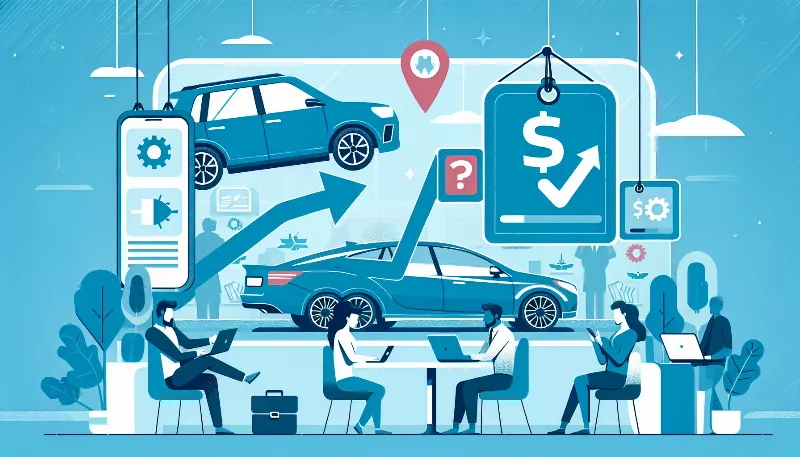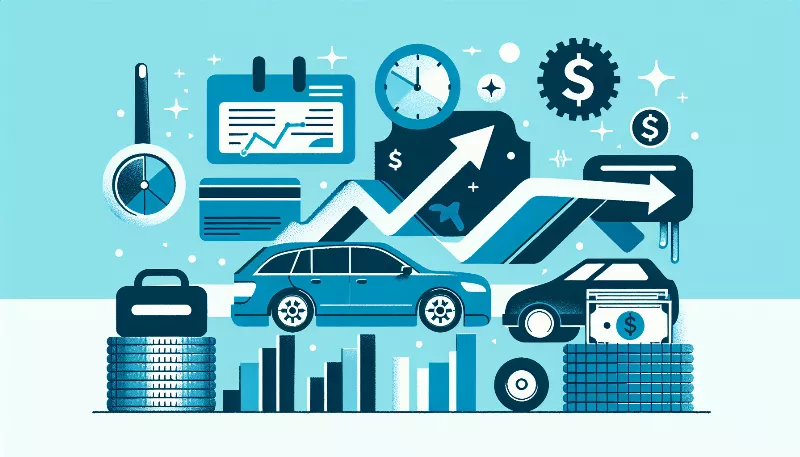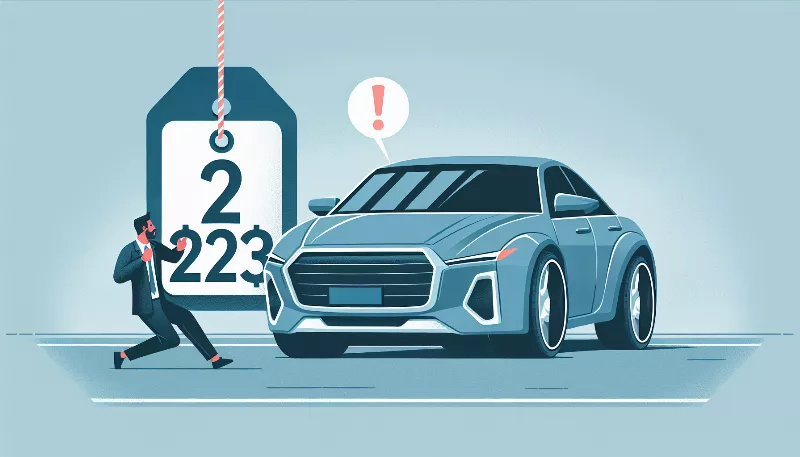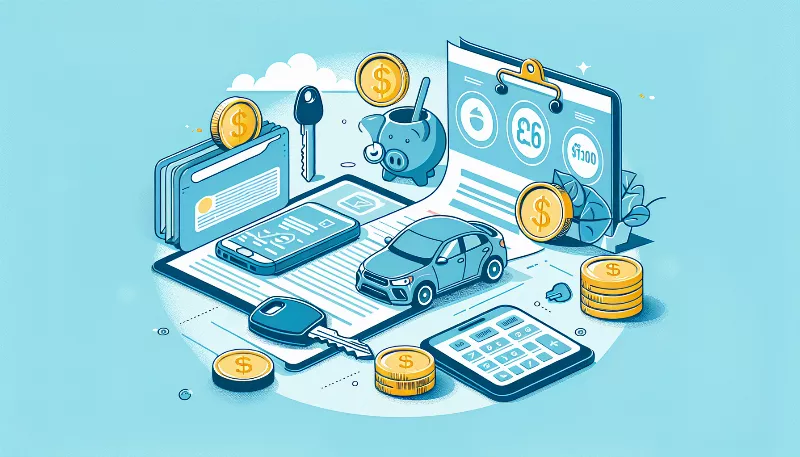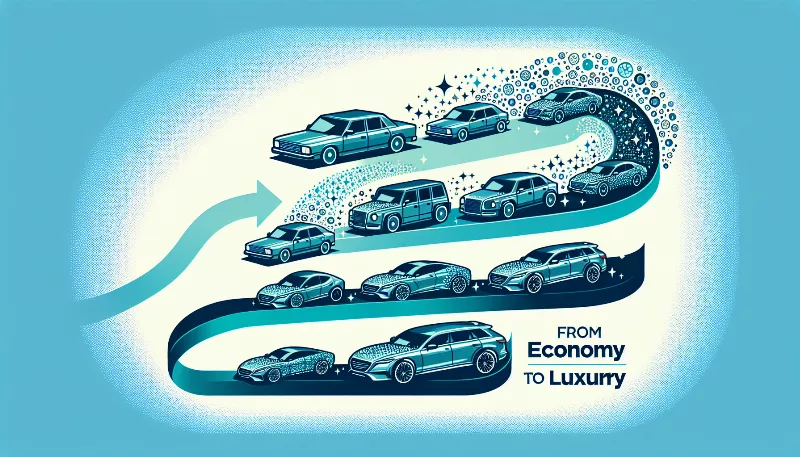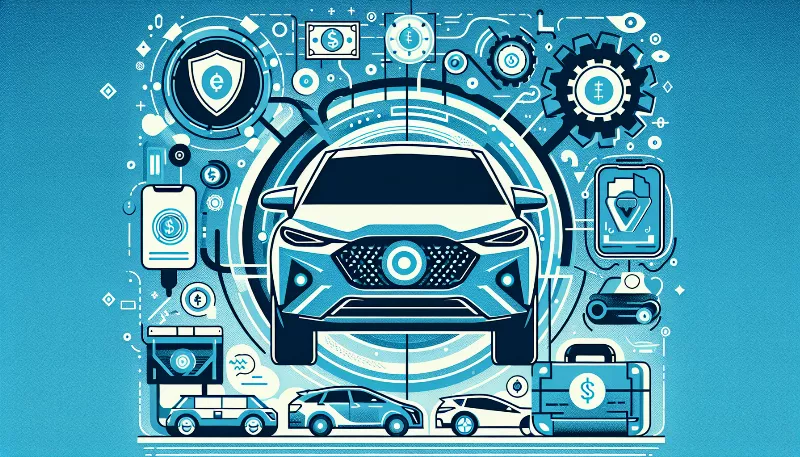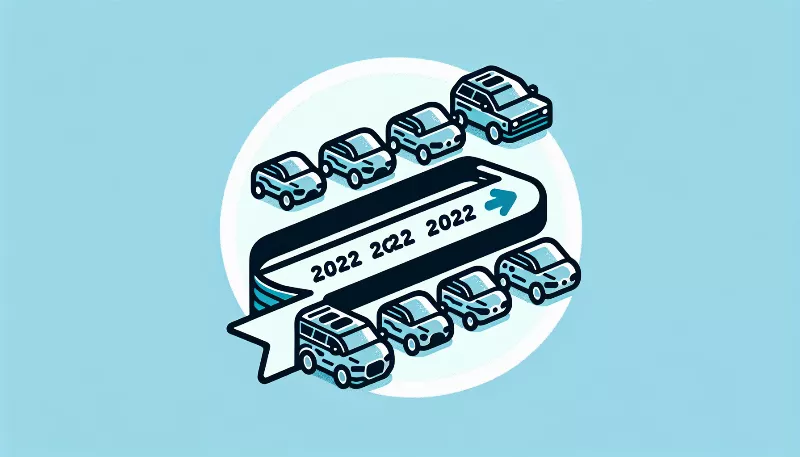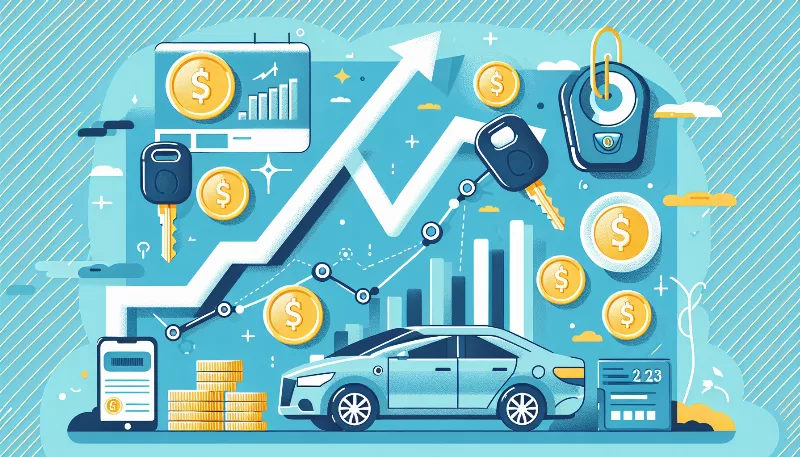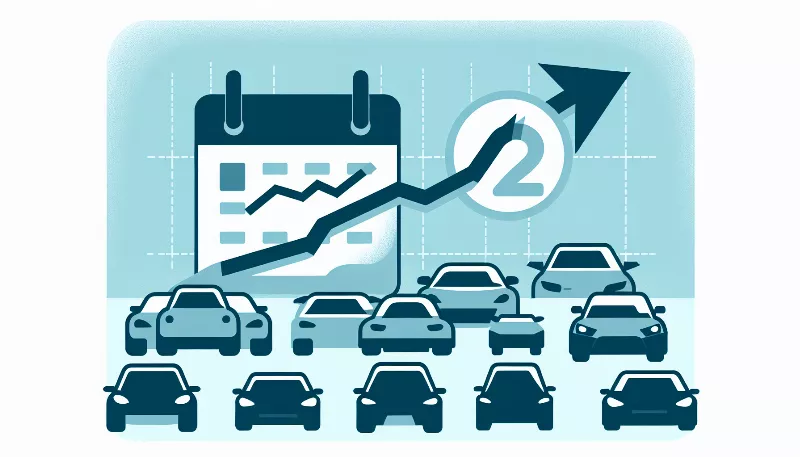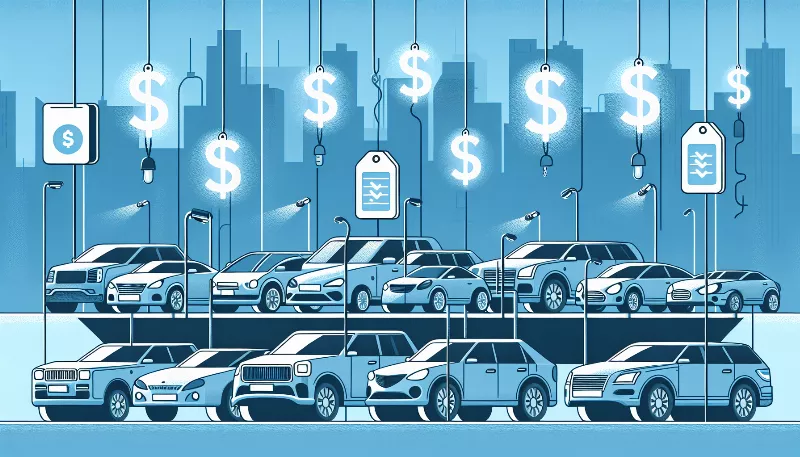What factors should I consider when comparing prices of similar new car models?
Discover key aspects to evaluate when comparing new car prices. Get insights on value, features, and more to make an informed decision!
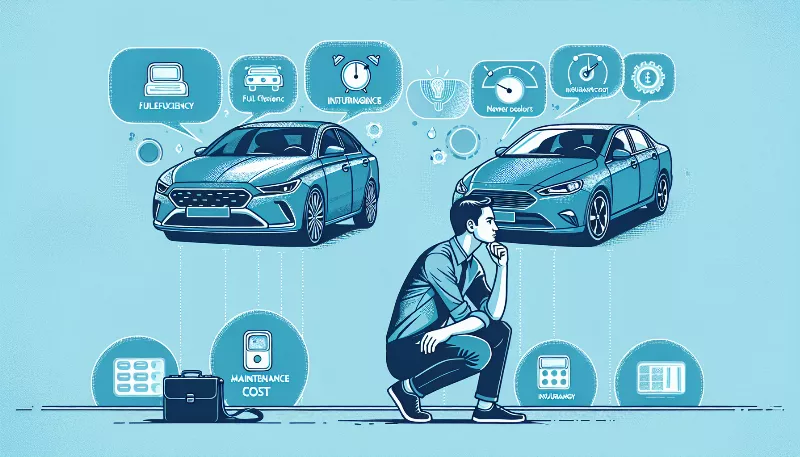
Introduction to Smart Car Shopping
Are you ready to rev up your car-buying experience? When it comes to purchasing a new vehicle, the thrill of finding the perfect model can be just as exhilarating as that new car smell. But before you race off to the dealership, it's crucial to pump the brakes and consider the various factors that affect the price of similar new car models. Let's dive into the essentials of smart car shopping and ensure you get the best bang for your buck!
Total Cost of Ownership
First things first, let's talk about the total cost of ownership. The sticker price is just the starting line. You'll want to look beyond that and consider the long-term costs associated with each vehicle. This includes fuel efficiency, insurance rates, maintenance expenses, and depreciation. A car with a lower initial price might end up costing you more in the long run if it guzzles gas or requires frequent repairs. So, keep an eye on the horizon, not just the hood ornament!
Performance and Features
Next up, performance and features! Two cars may have similar price tags but could offer vastly different driving experiences. Think about engine power, handling, safety features, and technology. Does one model boast advanced driver-assistance systems while the other does not? Are you getting a smoother ride or a more robust infotainment system for your money? Make sure to test drive and compare these aspects, as they can significantly influence your decision and satisfaction down the road.
Warranty and Reliability
Another key factor is the warranty and reliability of the car. A comprehensive warranty can save you from unexpected repair costs, adding immense value to your purchase. Additionally, research the reliability ratings of the models you're considering. A reliable car can mean fewer headaches and lower costs over time, which might justify a higher upfront price. Remember, peace of mind has its own price tag!
Financing and Incentives
Let's shift gears and talk about financing and incentives. Dealerships and manufacturers often offer special financing rates or cash-back deals that can make one option more attractive than another. Be sure to crunch the numbers and consider any available incentives. Sometimes, a slightly more expensive car might end up being cheaper after factoring in a low-interest financing deal or a generous rebate.
Resale Value
Last but not least, consider the resale value. Some cars hold their value better than others, which can impact your wallet when it's time to trade in or sell. Look at historical data and predictions for the models you're interested in to gauge which one might give you a better return on investment. Choosing a car with a strong resale value can help offset a higher purchase price.
Conclusion: Your Roadmap to the Right Choice
In conclusion, comparing prices of similar new car models isn't just about the numbers on the window—it's about looking at the full picture. By considering the total cost of ownership, performance and features, warranty and reliability, financing and incentives, and resale value, you'll be well-equipped to make an informed decision. So, take the wheel with confidence and enjoy the journey to finding your perfect new car!

